
Top 10 deadliest hurricanes in U.S. history
The Great Galveston Hurricane is known as the deadliest weather disaster in United States history, killing at least 8,000 people, with some estimates as high as 12,000 people.
Watch CBS News

The Great Galveston Hurricane is known as the deadliest weather disaster in United States history, killing at least 8,000 people, with some estimates as high as 12,000 people.
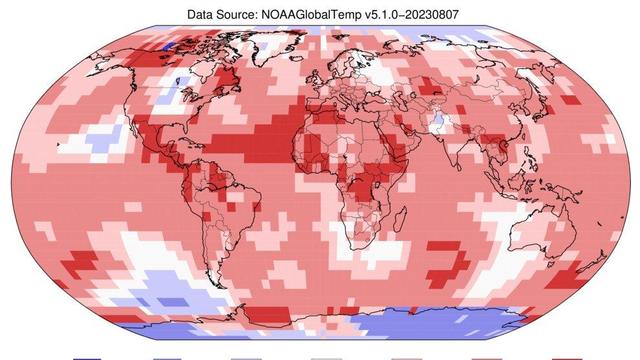
Data from NASA and the National Oceanic and Atmospheric Administration show July 2023 was hotter than any month on record.
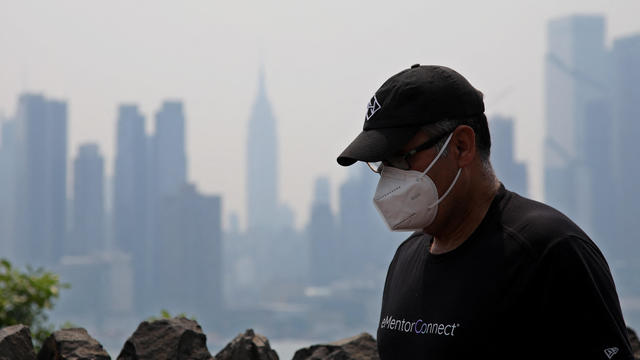
Bad air from wildfires or agriculture were most strongly linked to dementia risk.

In a first-of-its-kind trial, the young environmental activists said state agencies were violating their constitutional right to a clean and healthful environment.
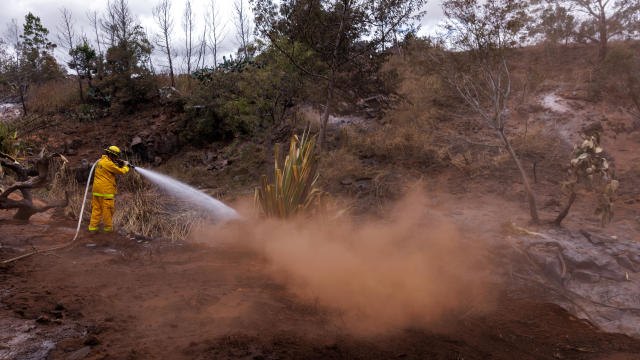
A dangerous mix of conditions appear to have combined to make the wildfires that blazed a path of destruction in Hawaii particularly damaging.
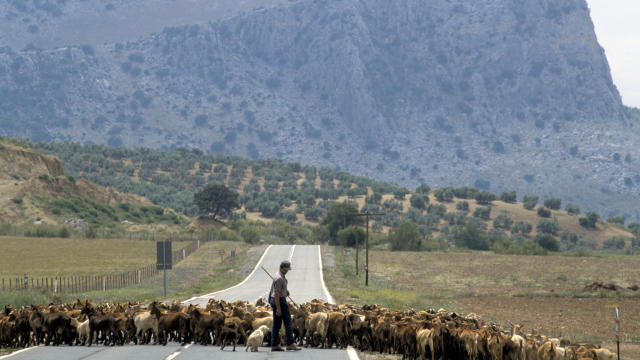
With their ability to clear underbrush and create fire breaks at low costs, goat herds are a key tool for wildfire mitigation.
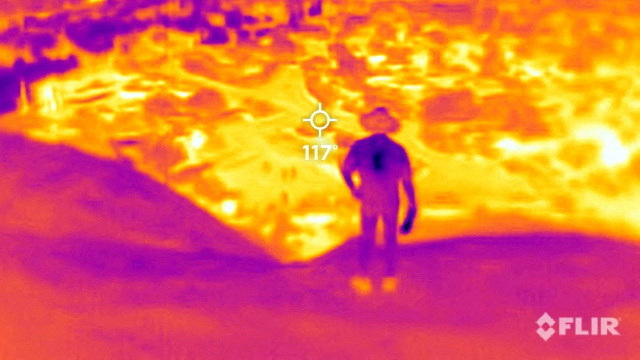
Smashing these records has "dire consequences for both people and the planet," warned the head of the EU's Copernicus weather service.
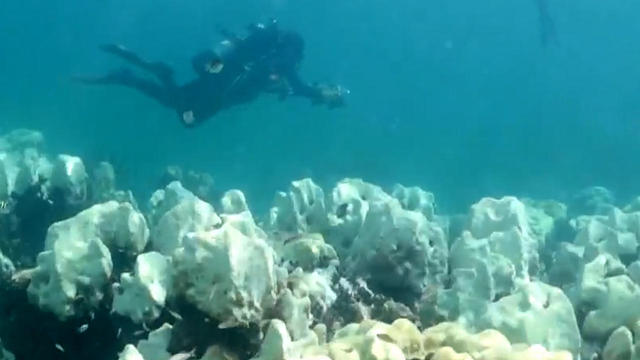
The coral reefs off the shores of the Florida Keys should be vibrant and colorful this time of year. But scientists say they're seeing a very different picture.
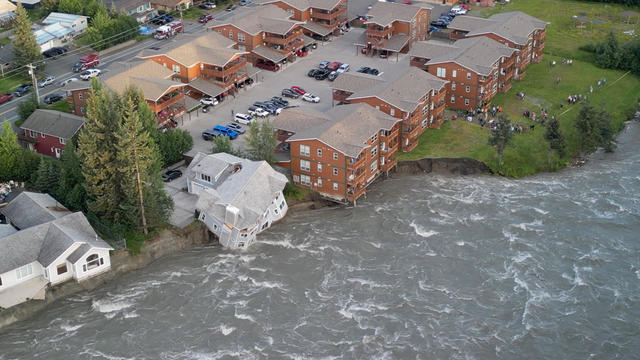
A home collapsed into a raging river swollen by waters from a glacial dam release north of the state capital of Juneau, the National Weather Service said.
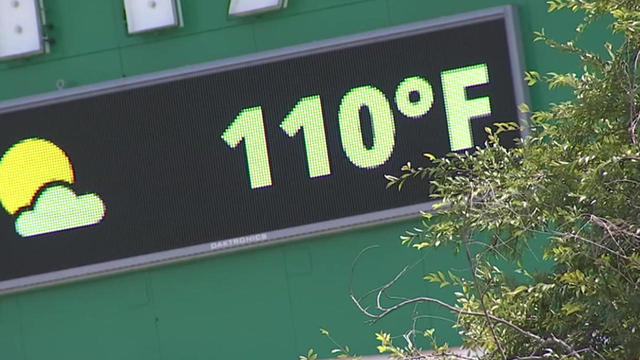
Temperature records have been breaking all over, as our Earth registers some of the hottest periods ever measured. Experts say it's the "new normal."

More than 500,000 Americans could be sickened annually by the fungus that causes Valley fever.

Greenpeace activists draped Prime Minister Rishi Sunak's Yorkshire house in black fabric in response to the U.K. government's oil exploration policy.
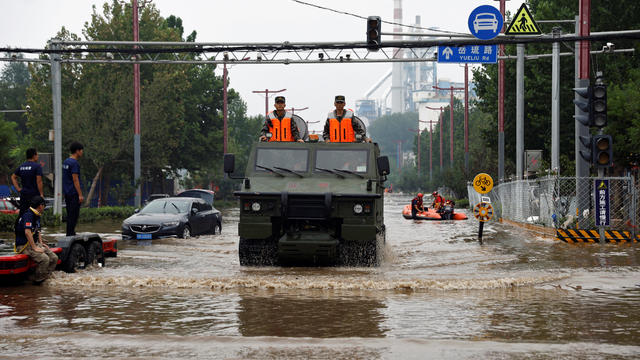
Beijing got 29 inches of rain in just 4 days – an all-time high since recordkeeping began 140 years ago.

High temperatures often lead employees to quit work early, resulting in billions of dollars in lost productivity.

The enduring heat wave has strained Phoenix's ability to keep its most vulnerable residents safe, with no end in sight.

It's universally recognized as a sign to recycle. But the EPA is now saying it's also universally confusing, since many plastics can't easily be recycled.
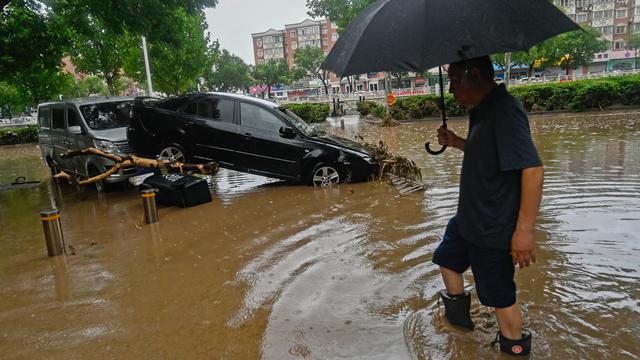
Tens of thousands of people were evacuated before the remnants of Typhoon Doksuri hit Beijing, and another massive storm is already headed for China.

Most Americans continue to want climate change addressed right now.
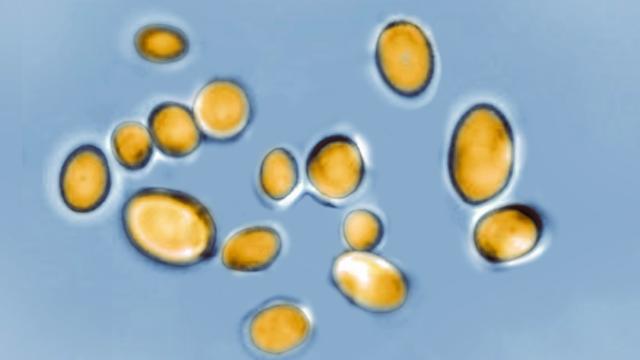
Candida auris is a globally emerging public health threat that can cause severe illness, including bloodstream, wound and respiratory infections.
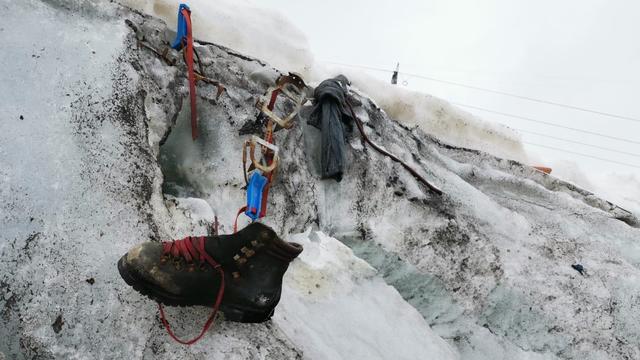
Police did not identify the climber but published a photo of a hiking boot sticking out of the snow that apparently belonged to the missing man.

From bigger storms to wildfires, extreme weather caused by climate change is disrupting air travel.
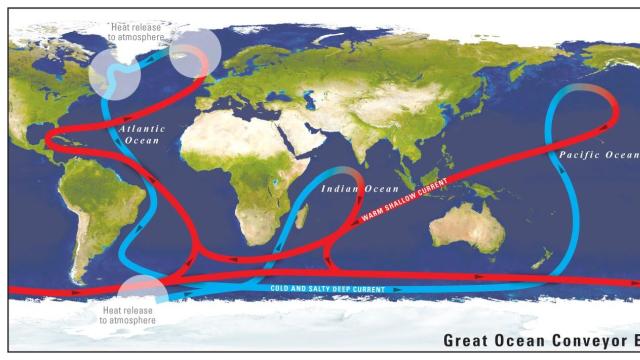
Are we on the cusp of a real-life "The Day After Tomorrow"? Here's what the experts say.
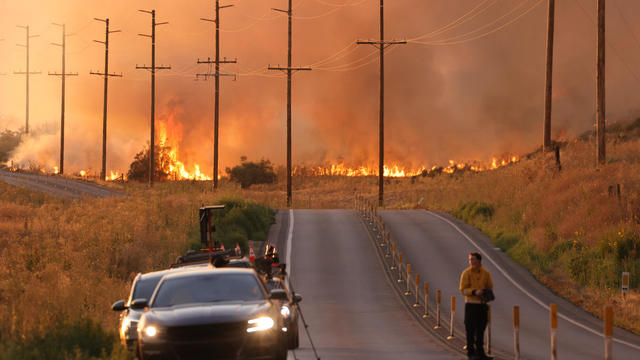
"Climate change is here. It is terrifying. And it is just the beginning," U.N. Secretary-General Antonio Guterres said.
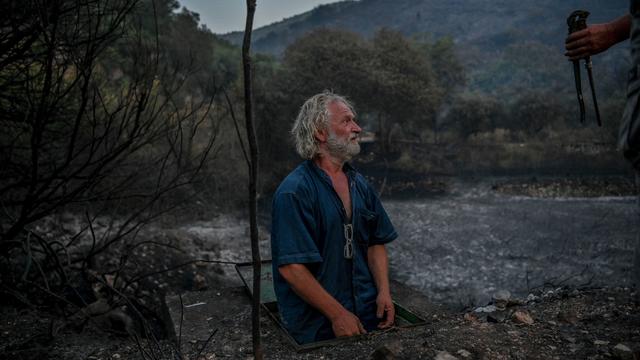
The wildfires in Greece spiked on July 17, and have since spewed more carbon than wildfires have in the country in two decades.
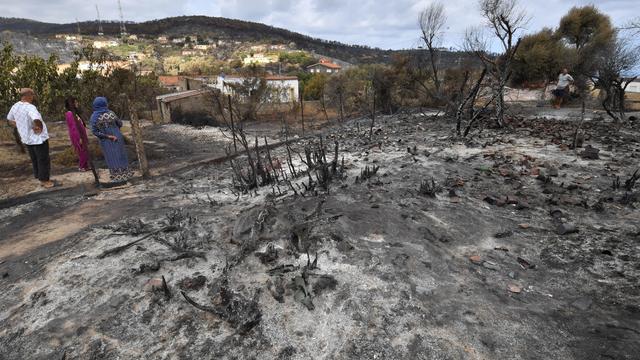
Relentless heat waves have fueled deadly blazes in Algeria, Italy and Greece, while parts of Europe further north grapple with torrential rain and wind.
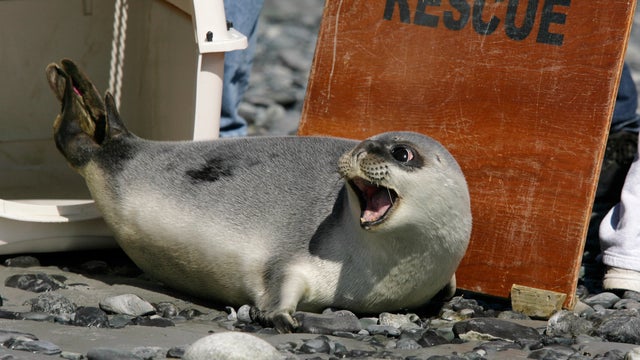
One bright spot is green sea turtles, which have recovered substantially, the IUCN said as it released its latest Red List of Threatened Species.

As Japan faces rising human-bear encounters, an animal trapped in a grocery store injured two men, while a separate reported mauling proved fatal.

The images taken by two Mars orbiters show a bright, fuzzy white dot of the comet, also known as 3I/ATLAS, appearing to move against a backdrop of distant stars.

One of 2025's three Nobel Prize in Physics winners says the trio's work is "one of the underlying reasons that cellphones work.''
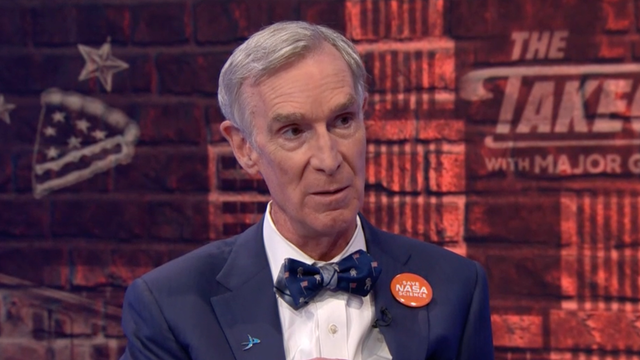
Bill Nye the Science Guy on Monday protested against a federal budget proposal that would see NASA's funding reduced from $24 billion to $18.8 billion.

Nobel Prize committee chair says discoveries by the trio of researchers were "decisive for our understanding of how the immune system functions."
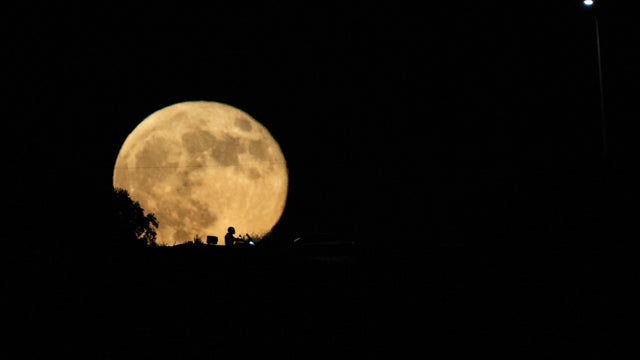
The first supermoon of 2025 will arrive soon. Here's what to know about the phenomenon.
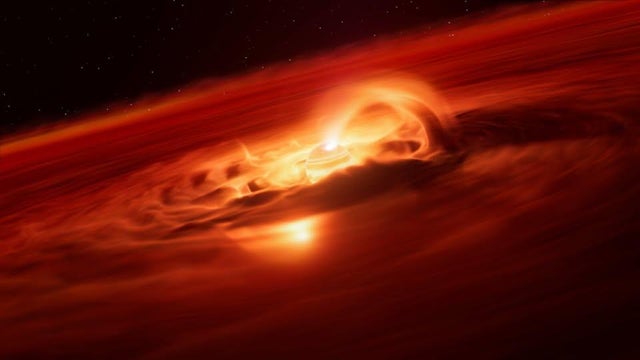
ESO's Very Large Telescope has observed a rogue planet and revealed that it is eating up gas and dust from its surroundings at a rate of 6 billion tons a second.
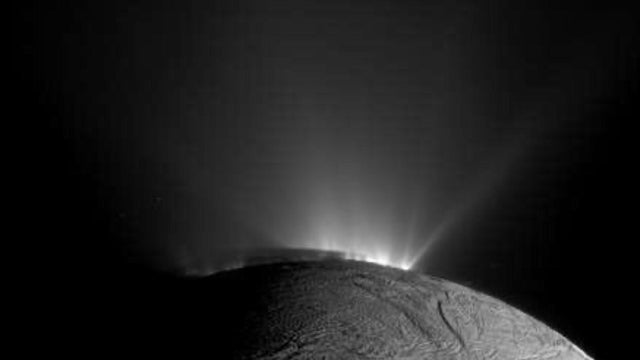
Enceladus has long been considered a prime candidate in the search for life beyond Earth because of its hidden ocean and plumes of water erupting from cracks near its south pole.
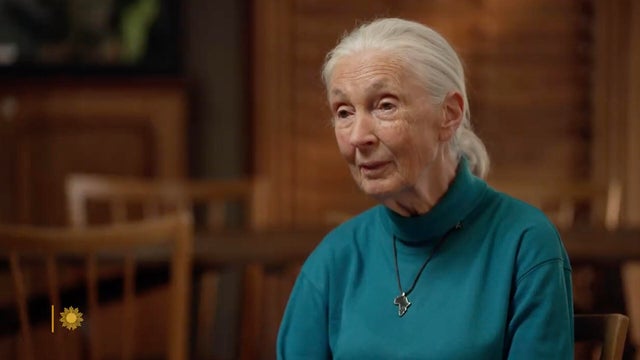
Famed naturalist Jane Goodall, who dedicated her life to studying chimpanzees and protecting the environment, died on Wednesday, Oct. 1, 2025 at age 91. In this Oct. 24, 2021 "Sunday Morning" profile, she talked with Seth Doane about her fascination with animals, her groundbreaking work with primates, and her advocacy for a more sustainable future.
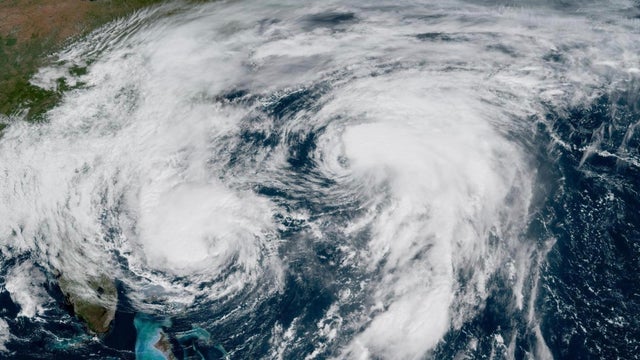
The outer bands of Humberto lashed Bermuda ahead of a more direct pass from the newer and stronger Hurricane Imelda.
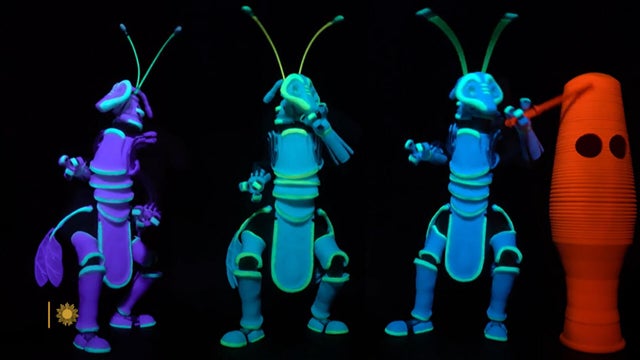
The chirping of crickets in your backyard can be a soothing seasonal sound, but did you know it's also an accurate way to tell the temperature – if you know the mathematical formula? Robert Krulwich and puppeteer Barnaby Dixon explain.

The findings have the potential to resolve the longstanding "Muddle in the Middle" of human evolution, researchers said.
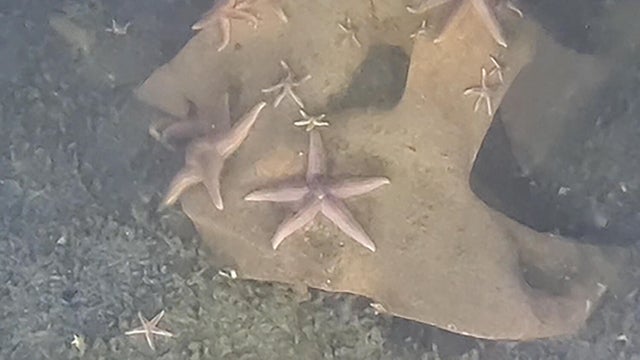
The study's author said "there is some irony" in the discovery that these "things that are meant to kill everything are now attracting so much life."

Scientist and professor Justin Gregg joins "CBS Mornings" to discuss his new book, "Human-ish: What Talking to Your Cat or Naming Your Car Reveals About the Uniquely Human Need to Humanize." He explains why we talk to pets, name objects, and even connect with inflatable tube men — and what that reveals about human nature.